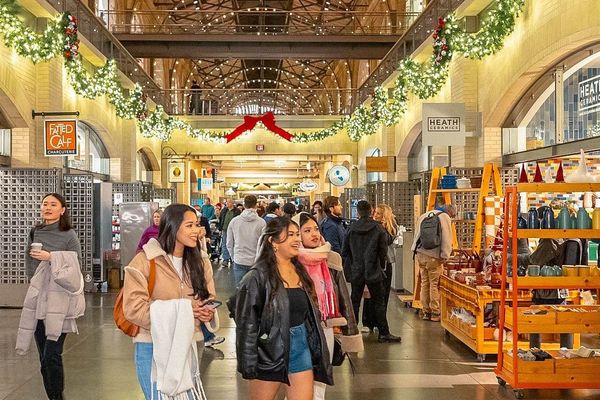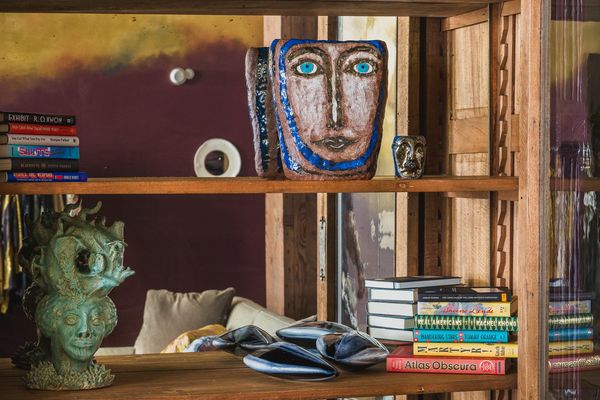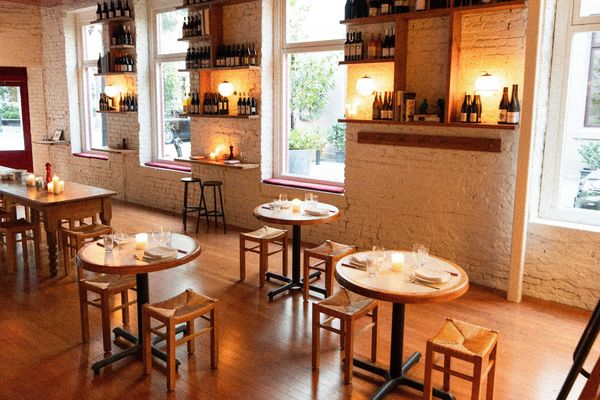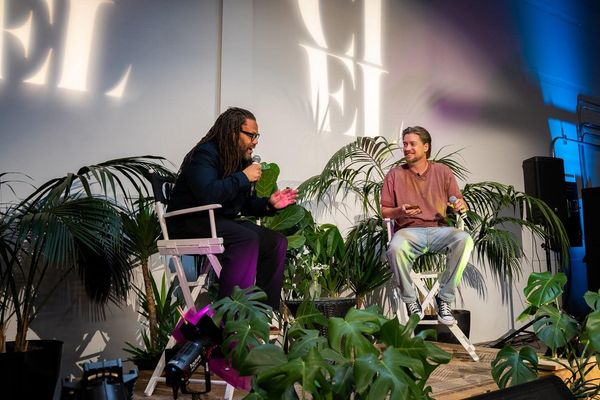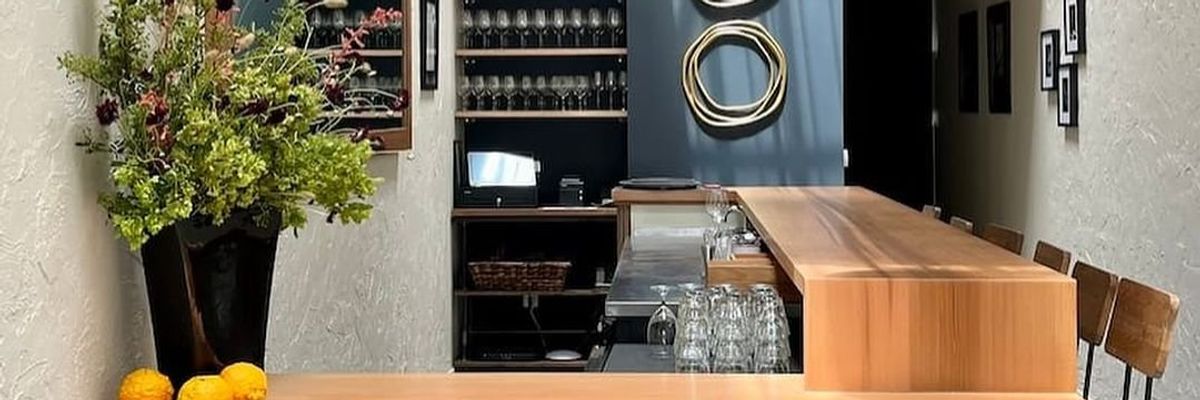Most people this holiday season will have spent a lot of money shopping in those good old brick and mortar stores in malls, probably with a smartphone in their pocket the entire time.
A few will have taken the effort to locate the best deals and coupons ahead of time, and to clip or print them out, and then actually remember to bring them along on the shopping trip.
The rest of us, however, will have missed out on some pretty good deals.
Shopular wants to fix this.
It’s a location-sensing smart app for iOS and android devices that serves up coupons and deals to you from your favorite stores as soon as you reach a mall, via push notifications.
“What we've built is a smart app that works in the background for you like a personal assistant,” says co-founder Navneet Loiwal. “You don't need to do anything. You don't even need to remember to open the app. It will sense when you reach the mall and display the relevant coupons at that time.”
Shopular, a graduate of Y Combinator’s latest batch, launched as this holiday shopping season was getting underway, and had a quarter million downloads during its first three weeks on the market.
As for all such smart apps, it is built to get better as people use it more.
“This is the start of a wave of smart apps, of apps moving from dumb to smart,” predicts Loiwal. “People are inundated with apps, but most get downloaded and then never used after the first time.
“But smart apps make your phone smarter. For example, Shopular learns from where you shop and which coupons you chose to use. It understands you better over time and only provides the information you want when you need it.”
Initially the app is strictly for use in malls, which it covers in all 50 states.
There are a couple big technology issues involved here–geo-location accuracy and battery life–and Loiwal described his company’s strategy for dealing with them.
“With location, there are three sources – WiFi, which provides the best accuracy, GPS, which depends on satellite reception, and cell towers, which are accurate but only within a mile in some cases. Triangulating all three is our secret sauce.”
The problem with geo-location on a smart phone, of course, is it can sap the device’s battery life. Here the background of Shopular’s co-founders comes into play.
Loiwal was previously the co-founder of Google Finance; before that he was an engineer at Shopkick, which makes a game out of shopping by rewarding users for things like scanning barcodes in stores.
His co-founder Tommy Tsai was an engineer at both Shopkick and Loopt, a very early mobile social network.
“Battery usage is a key factor in using geo-location,” Loiwal allows. “It is still not easy to get this done without draining the battery in your phone. Our backgrounds at Shopkick and at Loopt allowed us to bring together the best of geo-location and shopping.
"With our first 250,000 downloads we had zero reports of battery problems. We actually believe we've cracked the code on this.”
Another issue in the online shopping space is the quality, or lack thereof, of the coupons that are widely available.
“To get coupons, we looked first at the aggregators out there but it was quickly clear they do not provide a seamless experience,” says Loiwal. “While there is some good content, it tends to be wrapped inside so much noise. Plus, the majority of deals turn out to be online only even though it is not easy in many cases to tell.
“What we've built instead is a semi-automated pipeline of the retailers’ own communications using their websites, Facebook posts, emails, and then we have people who read the fine print.”
The result, he says, are coupons that can be reliably used when you are actually out at the mall.
The company does not include any online shopping coupons at this point – it is strictly focused on the brick and mortar experience.
“Another aspect is the benefit we bring to retailers and brands,” says Loiwal. “They well understand the value of online messaging and personalization. What we are doing is replicating that capability in the offline world. We provide shoppers with incentives to get them to walk into their stores.
“Our #1 focus is on making an app users love. If users love it, retailers will benefit too. By providing unique opportunities to retailers by driving messaging to consumers at the most relevant times possible, we are creating lots of economic value. Because the app works in the background, the lifetime value of the user is very high.”
Of course, whenever you enable a retailer to be in touch with a shopper, the question of privacy comes up.
“Privacy is a genuine concern that we take very seriously,” he says. “I worked at Google for seven years and learned the lengths we have to go to protect our users' privacy. That's part of our DNA.
“We also know that because of Facebook and other sites our notions of privacy keep changing. As the value increases from the use of smart apps, our concerns about privacy will fade, I believe. And trust will grow as you use a smart app and nothing happens to harm your privacy.”
Over the early weeks, the majority of Shopular’s downloads were for android devices, probably because it was featured on Google’s shopping site.
Of those downloading and using the app, 80 percent are women. About 20 percent of the users had received notifications, indicating they had visited a mall, and over half of them had opened it.
There was a much higher open rate on the iOS phones, but that is probably because such notifications are much more intrusive on iPhones, whereas they appear on androids as a small icon at the top of the screen.
After the holidays, Shopular intends to expand beyond malls to standalone big box stores like Macy’s, and in the future move on to embrace smaller stores as well.
“We want to fix what is broken and that’s offline commerce,” says Loiwal. “In the process we will make your smartphone smarter.”





